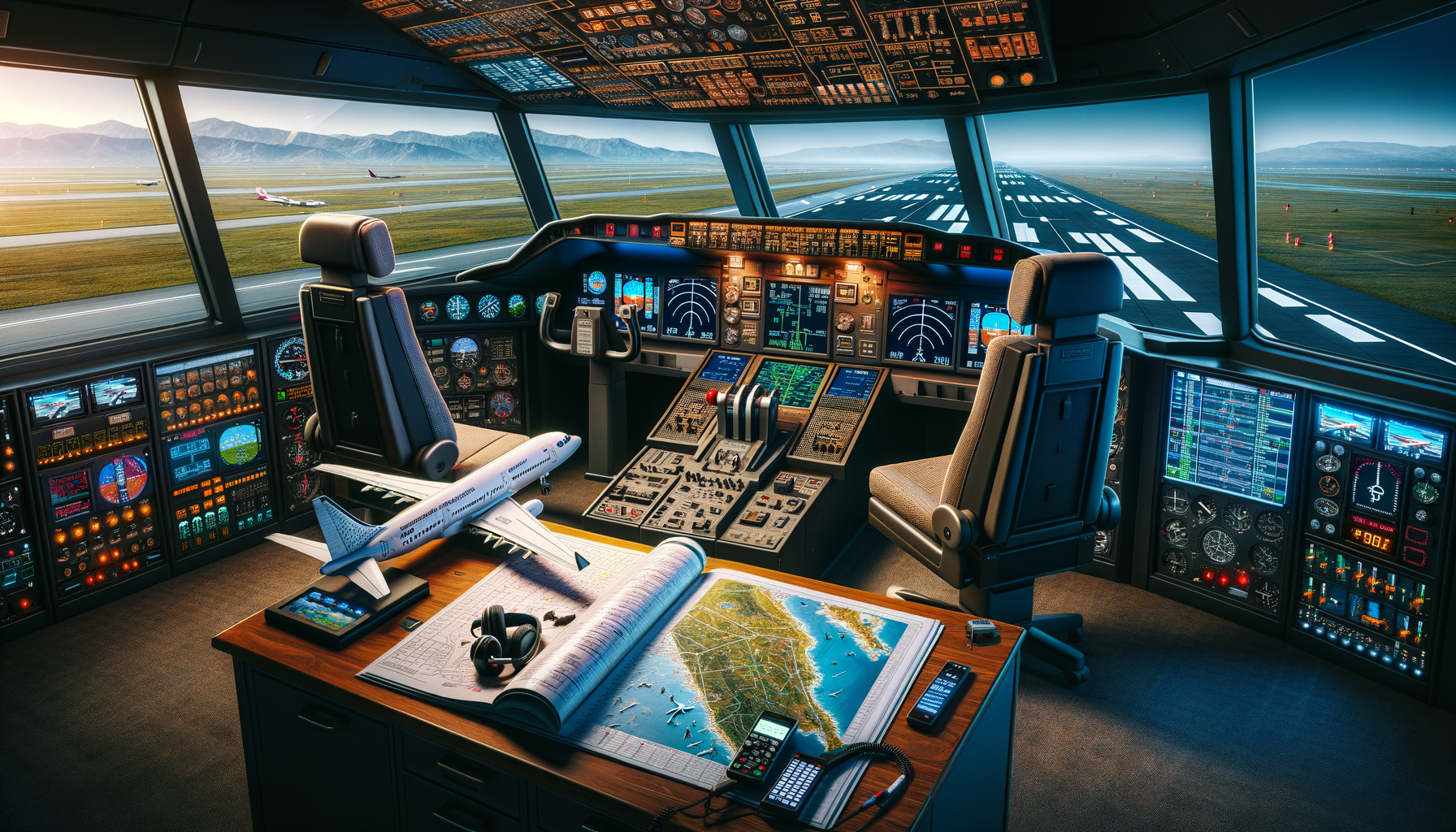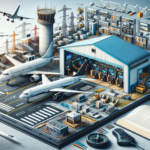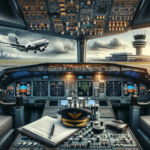Overview of Aviation Training
Aviation training is a structured program designed to equip individuals with the necessary skills and knowledge to operate and manage aircraft safely and efficiently. This training encompasses a wide range of disciplines, including pilot training, air traffic control, aircraft maintenance, and aviation management. The importance of aviation training cannot be overstated, as it ensures the safety and reliability of air travel, which is a critical component of global transportation. With the aviation industry continually evolving, training programs must adapt to incorporate new technologies and regulations, making them dynamic and comprehensive.
One of the primary aspects of aviation training is pilot education, which involves both theoretical and practical components. Aspiring pilots must understand aerodynamics, meteorology, navigation, and aviation regulations. Practical training includes simulator sessions and in-flight instruction, where trainees learn to handle various aircraft types and deal with potential emergencies. Similarly, air traffic controllers undergo rigorous training to manage aircraft movements efficiently and safely, ensuring smooth operations in increasingly crowded airspaces.
Moreover, aircraft maintenance personnel are trained to perform inspections, repairs, and overhauls to maintain aircraft airworthiness. This involves a deep understanding of aircraft systems and components, as well as adherence to strict safety standards. Finally, aviation management training prepares individuals for roles in airport operations, airline management, and aviation logistics, focusing on strategic planning, resource management, and regulatory compliance.
Types of Aviation Training Programs
Aviation training programs are diverse, catering to various roles within the industry. Each program is tailored to meet specific career paths, providing specialized knowledge and skills. Here are some of the key types of aviation training programs:
- Pilot Training: This program is designed for those aspiring to become commercial or private pilots. It includes ground school instruction, flight simulator training, and in-flight experience. Trainees must pass rigorous exams and accumulate a certain number of flight hours to earn their pilot’s license.
- Air Traffic Control Training: This program prepares individuals to manage aircraft movements in the sky and on the ground. It involves extensive knowledge of airspace regulations, communication protocols, and radar operations. Trainees undergo simulations to practice real-world scenarios.
- Aircraft Maintenance Training: This program focuses on the technical aspects of maintaining and repairing aircraft. It covers areas such as avionics, propulsion systems, and structural repairs. Trainees learn through hands-on experience and are required to pass certification exams.
- Aviation Management Training: This program is designed for individuals interested in the business side of aviation. It covers topics such as airport operations, airline management, and aviation law. Graduates are equipped to handle strategic planning and logistics within the aviation sector.
Each of these programs is essential in ensuring the smooth and safe operation of the aviation industry. They are often offered by specialized flight schools, technical institutes, and universities, providing a range of options for aspiring aviation professionals.
The Future of Aviation Training
The future of aviation training is poised for significant transformation, driven by technological advancements and evolving industry demands. As the aviation sector embraces digitalization, training programs are increasingly incorporating virtual reality (VR) and augmented reality (AR) technologies. These tools provide immersive learning experiences, allowing trainees to simulate real-world scenarios in a controlled environment. For instance, VR flight simulators offer realistic cockpit experiences, enabling pilots to practice maneuvers and emergency procedures without the risks associated with actual flight.
Moreover, the integration of artificial intelligence (AI) in training programs is enhancing personalized learning. AI algorithms can analyze trainees’ performance data to identify strengths and weaknesses, offering tailored feedback and customized training modules. This approach ensures that each trainee receives the support they need to excel, ultimately improving the overall quality of aviation professionals.
Another trend shaping the future of aviation training is the growing emphasis on sustainability. As the industry seeks to reduce its environmental impact, training programs are incorporating modules on eco-friendly practices and technologies. Trainees are educated on fuel-efficient operations, sustainable aircraft design, and the use of alternative energy sources. This focus on sustainability aligns with global efforts to combat climate change and ensures that the next generation of aviation professionals is equipped to lead the industry towards a greener future.
In conclusion, aviation training is an ever-evolving field that adapts to meet the changing needs of the industry. With advancements in technology and a focus on sustainability, training programs are becoming more sophisticated and comprehensive. As a result, aspiring aviation professionals have access to cutting-edge tools and knowledge, preparing them for successful careers in this dynamic sector.








